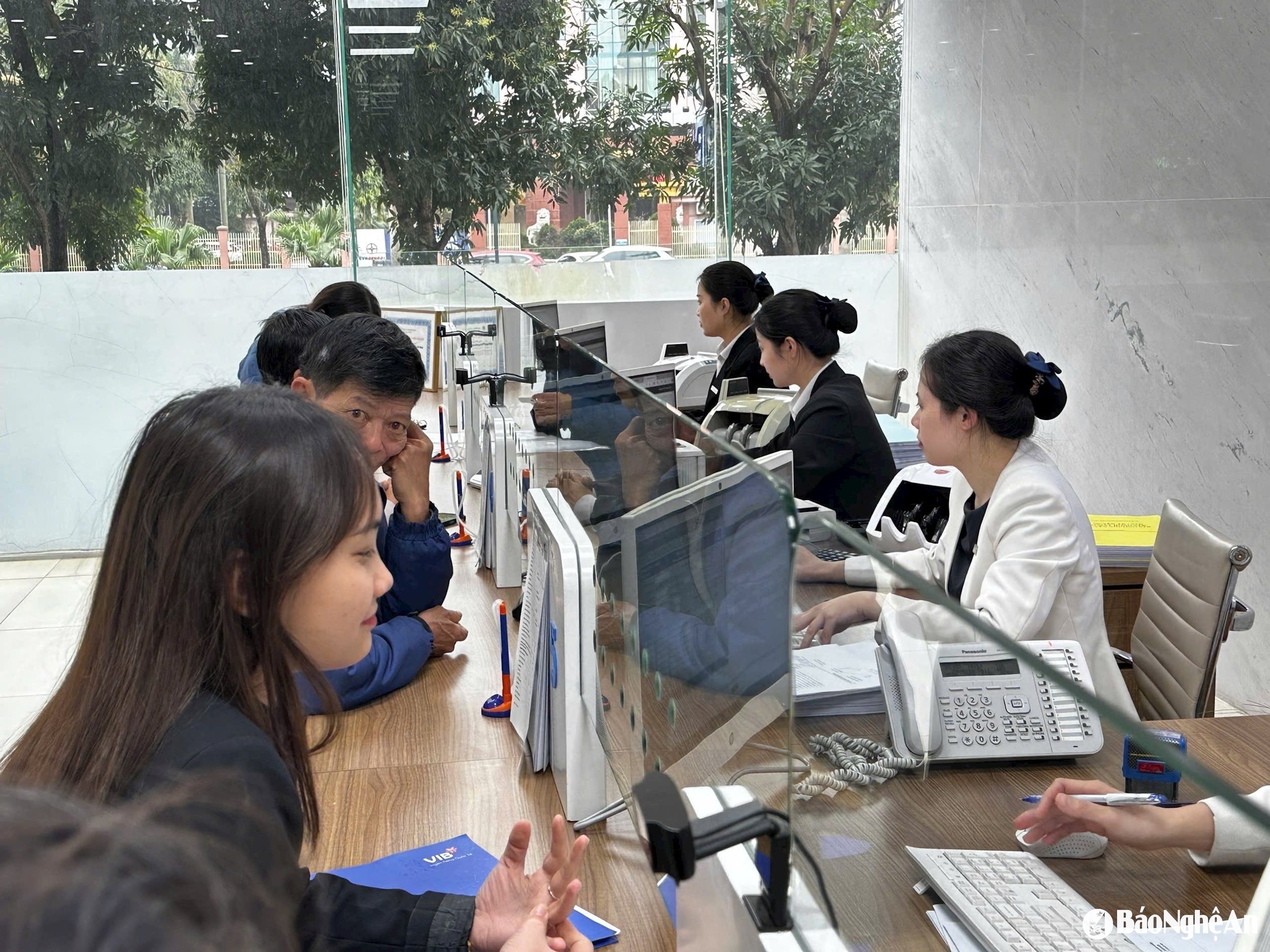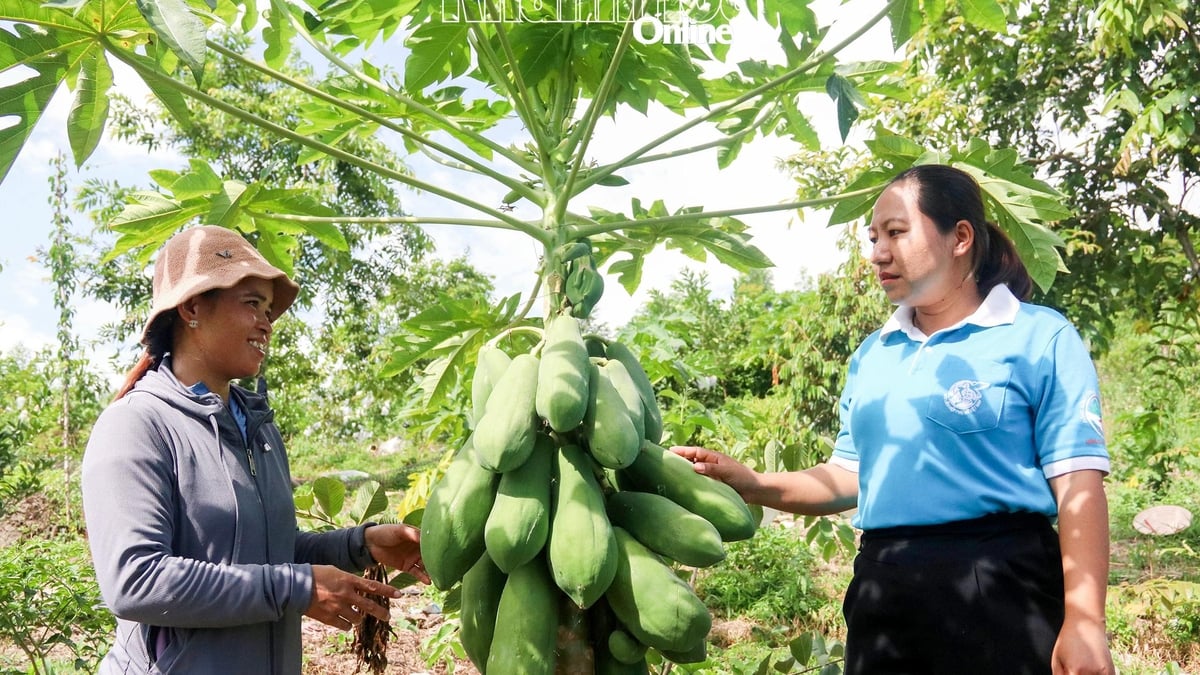
This regulation takes effect from July 1, 2024. However, the roadmap for implementing biometric authentication for businesses is delayed by one year - that is, until July 1, 2025, it will be applied to the group of legal customers.
This is one of the measures to enhance security in the banking system, prevent the risk of counterfeiting and fraud in electronic transactions - which has been increasing rapidly recently. The application of biometrics will help authenticate the identity of business representatives accurately, while contributing to the effective implementation of national digital transformation.
Clear regulations on biometric authentication
According to Circular 17, credit institutions and foreign bank branches are responsible for biometric authentication of legal representatives of enterprises when providing and maintaining electronic banking services. Biometrics here are understood as biological identification characteristics of individuals - including face and fingerprints - used to verify identity through automated systems or data comparison.
Biometric authentication can be done through one of the following sources:
-Biometric data from the chip-embedded citizen identification card (CCCD) , using chip reading technology to compare information stored in the encryption unit.
-Authentication via electronic identification account (VNeID) - application of the Ministry of Public Security , where biometric data has been synchronized and authenticated with the National Population Database.
- Collecting biometric data through face-to-face meetings , applicable in special cases such as foreigners, Vietnamese people whose nationality has not been determined, or who do not have a CCCD card.
In case the CCCD does not have a chip , authentication can be done through biometric data stored in the National Population Database.
The circular also requires banks to ensure that the reconciliation is correct, secure and does not cause leakage of personal information. In case the information does not match or is not authenticated, the bank must stop providing electronic services to that business.
Online authentication on banking app
To continue using e-banking services after July 1, 2025, businesses need to perform biometric authentication for legal representatives in two forms:
-Log in to e-banking application
Select the function to update or authenticate biometric information.
Take photos of the front and back of your CCCD.
Take a photo of your face as instructed for the system to recognize and compare with the photo in the chip or identification data.
In case the CCCD has a chip, the system requires bringing the CCCD close to the camera or NFC reader to scan the encrypted information.
If the representative has already undergone biometric authentication (when opening a personal account, electronic identification, etc.), it is enough to confirm the information synchronization.
-Direct verification at the bank
If the business cannot authenticate online, the legal representative needs to go directly to the bank branch where the account was opened for support. Here, the bank staff will take photos, collect fingerprints and compare data from the CCCD or the national electronic identification system.
Consequences if not done on time:
The State Bank clearly stated: From July 1, 2025, if a business has not completed biometric authentication, the bank will suspend all electronic transactions of that business account. Affected transactions include: Transfer transactions (internal, interbank); Payment of bills, salaries, taxes, insurance.
Withdrawal and deposit transactions via electronic systems; Digital banking services such as eBanking, Mobile Banking, Internet Banking.
Suspending transactions does not mean locking accounts, but will cause serious disruptions in business operations and payments. Therefore, banks have been sending notices, calling, sending emails, and SMS messages to each business to remind them, and at the same time, arranging additional personnel to support authentication at the counter and on digital platforms.
The State Bank and credit institutions recommend that businesses should:
* Check the biometric authentication status of the legal representative on the banking system.
* Proactively perform authentication as soon as possible , avoid leaving it too close to the deadline to cause system overload and transaction delays.
* Contact the bank for specific advice , especially in cases of change of legal representative, loss of ID card, or never using electronic banking services.
Biometric authentication is not only a legal requirement but also an important step to enhance security and safety in banking transactions, minimize fraud risks, and promote the sustainable digitalization of finance and banking.
Source: https://baonghean.vn/tu-ngay-1-7-2025-tam-dung-giao-dich-voi-doanh-nghiep-chua-xac-thuc-sinh-trac-hoc-10298286.html




















































![[Maritime News] More than 80% of global container shipping capacity is in the hands of MSC and major shipping alliances](https://vphoto.vietnam.vn/thumb/402x226/vietnam/resource/IMAGE/2025/7/16/6b4d586c984b4cbf8c5680352b9eaeb0)













































Comment (0)